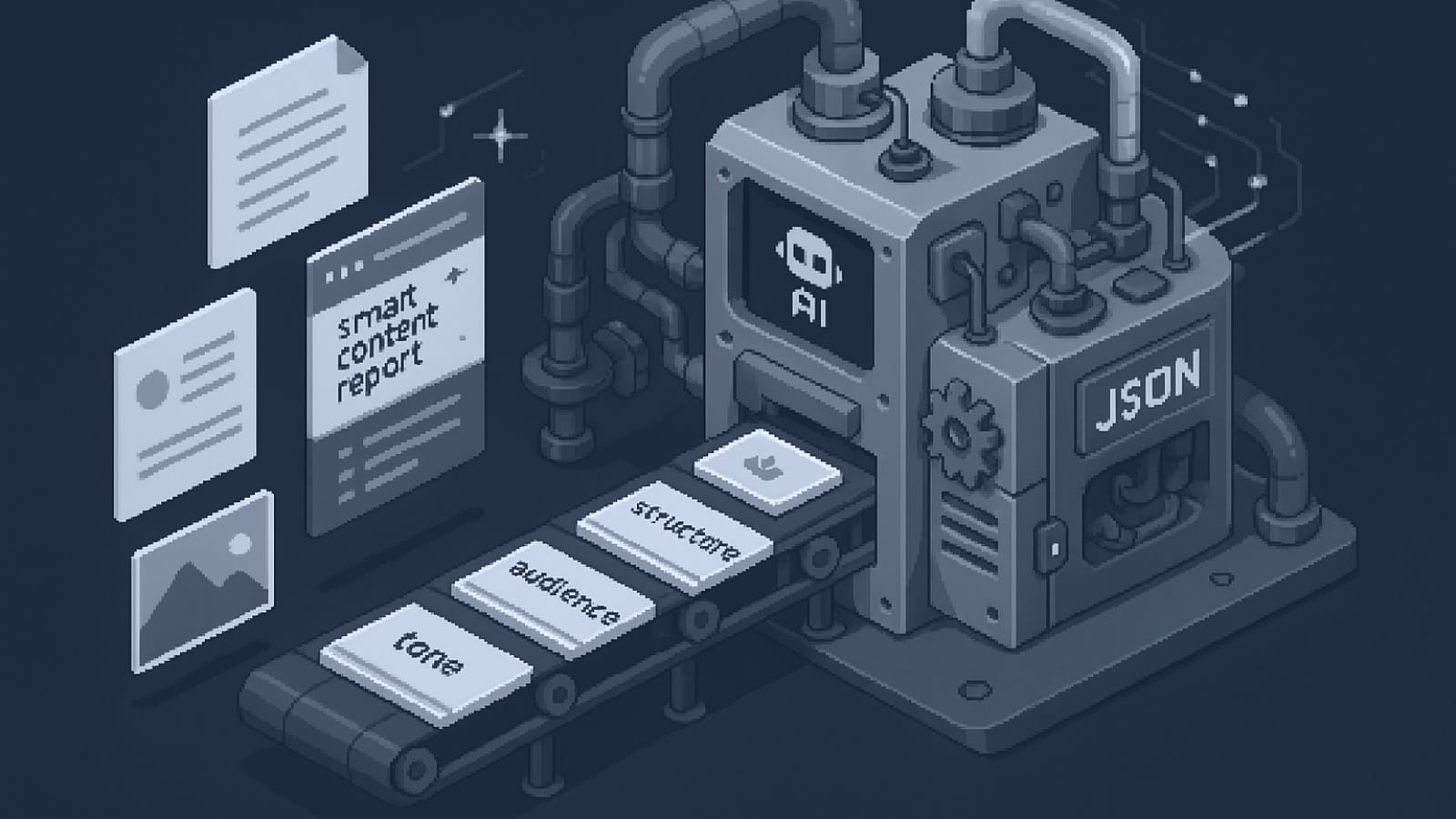GEO explained: The content marketer’s guide to Generative Engine Optimization
For years, the goal was simple: get to the top of the Google results page. We wrote articles, built links, and optimized every element of our content to earn that precious number one spot. But what happens when the results page as we know it changes radically? What if, instead of a list of blue …




